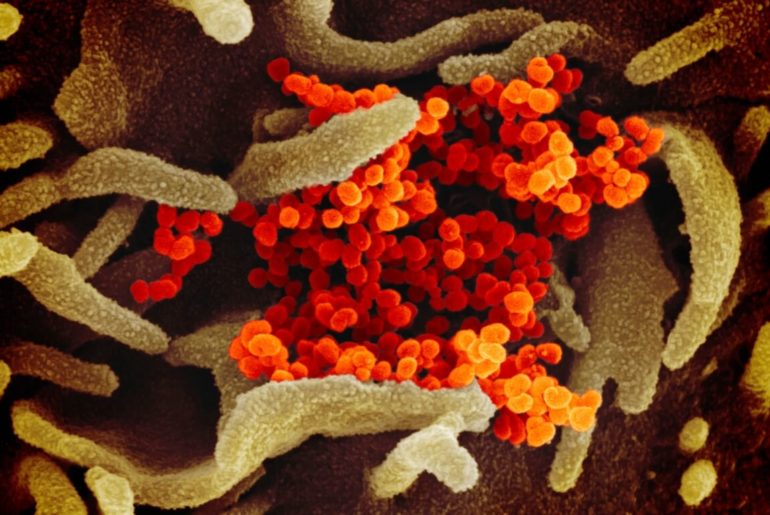With all the online coverage about the coronavirus, it is hard not to come across some misinformation. Ever since the pandemic took over nearly every headline in the world, there has been a lot of confusion surrounding the health crisis, and even though this is largely due to the fact that scientists are still trying to understand the disease, there is certain information that is just plainly false.
Here are the most common misconceptions about coronavirus:
Drinking hot water, lemon and baking soda will prevent a person from catching COVID-19: False
Dr. Shira Doron, an infectious disease physician and hospital epidemiologist at Tufts Medical Center, told The Associated Press that there are no known herbal remedies for the virus, and he advises people to trust only treatments that have been tested in a clinical trial. Dr. Doron, however, does recommend that people keep a healthy diet, get enough sleep and manage their stress in order to keep their immune system strong.
People with blood type A are more likely to catch the coronavirus: False
Many outlets informed that a new research study found that people with O type blood were more resistant to the coronavirus. Although there has been some research done, many scientists have advised against listening to the claim as there is not enough evidence to support it.
Drinking alcoholic beverages can prevent coronavirus: False
What started like a meme quickly became a widespread claim. People believed that by drinking consumable alcohol, they could prevent the coronavirus. If alcohol kills it on the outside, then surely it must do so on the inside, right? Well, turns out it actually couldn’t be further from the truth. In fact, some doctors even suggested that the excessive consumption of alcohol and or drugs could have a negative impact on people’s health overall, making them even more susceptible to the corona or any other virus.
Pets can transmit the coronavirus to their owners: False
A lot of this confusion comes from the fact that the Centers for Disease Control and Prevention believe that this novel coronavirus belongs to a family of viruses, some of which cause illness in people and some of which affect certain types of animals. It’s believed to have animal origins, possibly in bats.
However, the CDC’s website states there is no evidence that companion animals can spread the virus.
Ibuprofen can make your covid symptoms worse: Not Enough Information
About a month ago, French media started sharing stories about how Ibuprofen could potentially worsen the symptoms of a person with coronavirus. However, this study has not yet been peer-reviewed, and thus, the evidence is not yet enough to make this claim. Nevertheless, experts still advise to use acetaminophen instead of any anti-inflammatory drugs.
Tips for fact-checking news
- Always check the source to make sure they are a legitimate news source.
- See if other big outlets, like CNN, BBC and NBC, have covered the same story.
- Don’t rely on the headline – always try to read the whole story.
- Examine the evidence – make sure that they have quotes from credible sources.
- Check the date of the article – is it old news with claims that have been disproven?
Staying safe
For now, our safeguards of staying home, social distancing, washing hands, sanitizing, masks, and not touching our faces can protect us in meaningful and proven ways.

